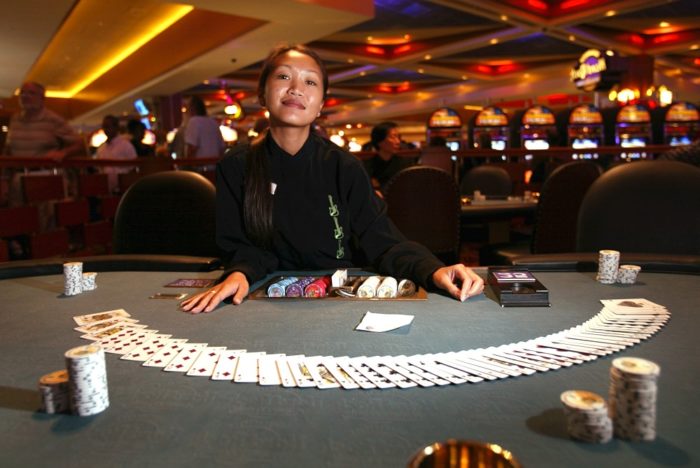It has been over 20 years since that momentous event when Ronald Reagan authorized the opening of gambling enterprises in the Indian reservations. Now slot machines are installed compactly in almost all the settlements of the indigenous population. Not only white Americans are becoming regular customers, but the Indians themselves nourish interest to adrenaline generating machines.
Some groups of citizens also benefit from the law: thus, there is no need for spending hundreds of dollars on crossing Atlantic Ocean or spending a couple of days at pompous Las Vegas – the new path leads gambling adherents to Indian reservation where a relatively cheap relaxation is guaranteed. In addition, online casino owners take advantage of registering their businesses in reservations, providing a legal opportunity to gamble online for gambling fans worldwide. And NBSO online casino website – perhaps, the best place to pick up a juicy casino offer. Among the legions of reservation-based casinos the true leaders emerge, such as Mysterious Lake in vicinity of Minneapolis. The casino offers as many as 2,500 slot machines in the truly modern atmosphere with slight authentic incrustations and décor, boasting a statue of Women of the Water Spirit.
The history
Native American Gaming is a gaming company, which is owned by the tribes of Native American people. In 1970, a couple, Russell and Helen Bryan, who lived in northern Minnesota, the land that belonged to the Indians, got a bill from the tax office. They had to participate in the proceedings on regulation violations where they had no chances. At that time, an expert on gambling, Professor Kevin K. Vabёrn, suggested that Indian tribes should manage their gambling establishments by their own means. Some years in the United States aboriginals opened several salons to bingo.
Then native population reps plunged into lottery business. Initially, the affairs were not legal, because the rates exceeded the amount permitted by law. In this regard, the conflict broke out between the Indians and the owners of luxury casinos in Vegas and Atlantic City. In 1988 the Indian Gaming Regulatory Act, also known as IGRA, was adopted. This law allowed the Indians to build their own casinos, though they still fall under federal jurisdiction. Indian casinos also received a number of special benefits, which began to speak against the American owners of the casino. According to them, due to these benefits the state treasury lost a significant number of potential investments.
For the inhabitants the Indian gambling case was extremely important. The indigenous people of the United States received the right to gamble – poker, roulette and blackjack, as well as traditional Indian games and lotteries started flourishing. The untold profits from lotteries and bingo go to Indians; however, in order to conduct gambling in their gaming establishments Indians need to get permission from the state government, as well as share income.
The regulation act opponents argue that such games are destroying morale and have a negative impact on young generation, while the supporters of Indian casinos insist that gambling provides Indians with jobs and significantly improves the economies of the regions.
